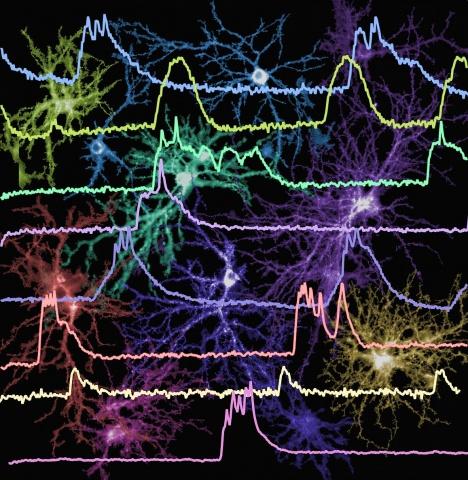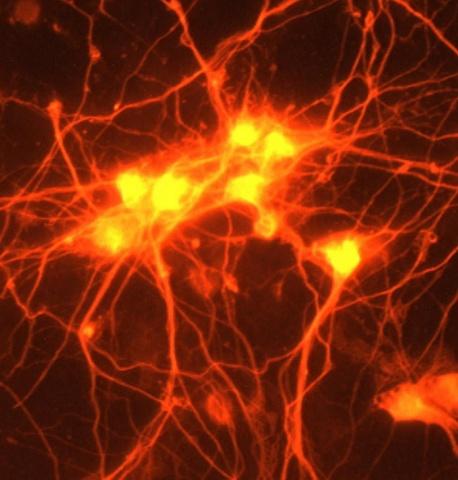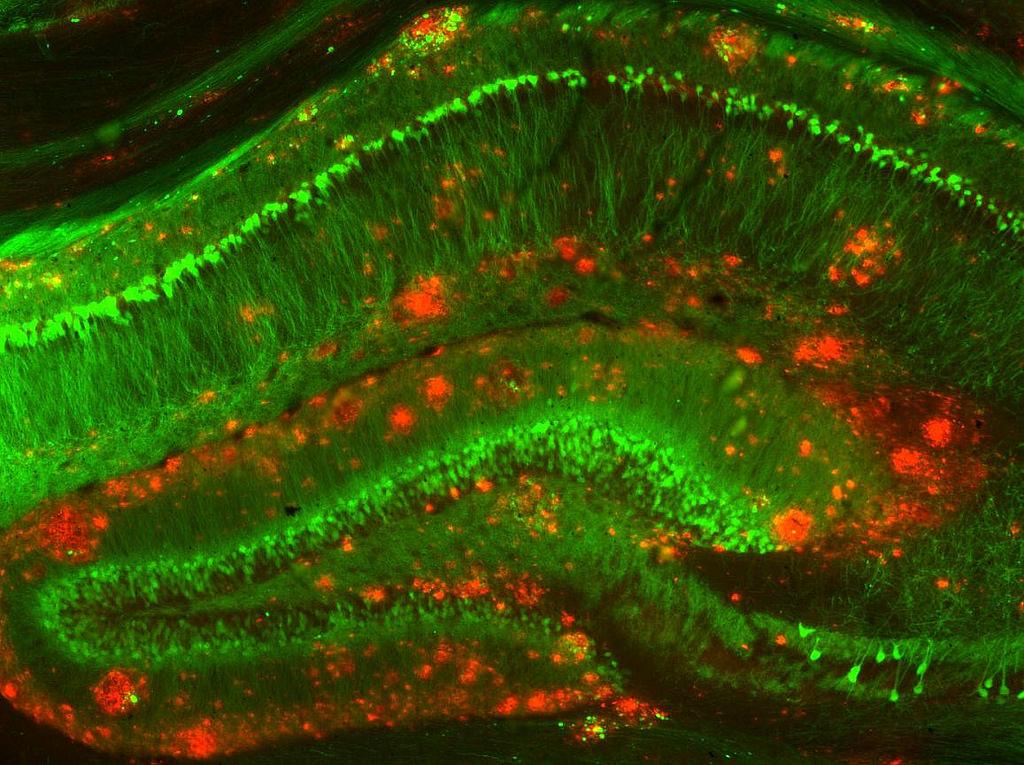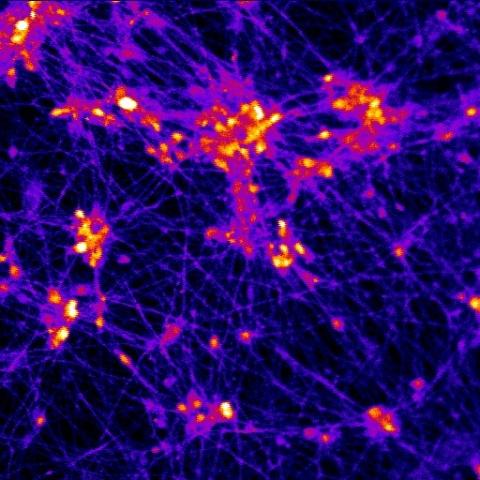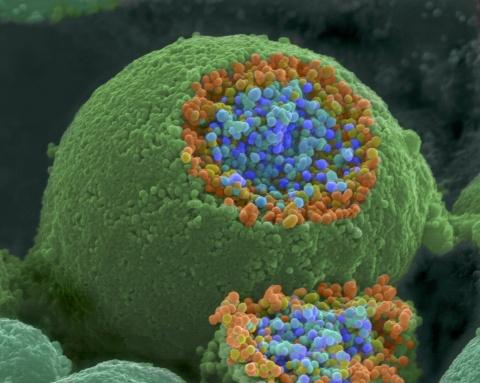Duke Neurology Research Round Up, January 2021
The final month of 2020 saw fifteen new publications written or co-written by members of the Duke Department of Neurology. Sneha Mantri, MD, MS, was a lead author of a new study examining factors contributing to burnout and moral injury among health-care workers at Duke. Our Neuromuscular Disease faculty wrote multiple studies advancing our understanding of myasthenia gravis, including how the COVID-19 pandemic is affecting people with this condition. Other articles answered questions about stroke, Parkinson’s, and other diseases.
Duke Neurology Research Round Up, December 2020
This November, research from members of the Duke Department of Neurology examined how different types of seizures feel to the person experiencing them, discovered genes associated with longevity and health cognition, analyzed how the COVID-19 outbreak impacted stroke care, and more. Our faculty, trainees, and staff contributed to 15 studies published in the past 30 days. Read about each of them, and find links to the original articles below.
Multiple Sclerosis and Neuroimmunology
Duke Neurology Research Round Up, November 2020
Members of the Duke Neurology Department contributed to 14 new peer-reviewed studies this October, advancing our understanding of or ability to treat Parkinson’s disease, Alzheimer’s, stroke, and other conditions. Laurie Sanders, PhD, and Claudia Gonzalez Hunt, PhD, advanced our understanding of the links between mitochondrial DNA damage and Parkinson’s disease, providing a potential avenue for future therapies.
Duke researchers to monitor brain injury with machine learning
Duke neurologists and electrical engineers are teaming up in an ambitious effort to develop a better way to monitor brain health for all patients in the ICU. Dubbed “Neurologic Injury Monitoring and Real-time Output Display,” the method will use machine learning and continuous electroencephalogram (EEG) data along with other clinical information to assist providers with assessment of brain injury and brain health.
Duke Neurology Research Round Up, October 2020
This September, members of the Duke Neurology Department contributed to 26 new studies, advancing our knowledge of neuroscience at the subcellular, national, and global levels. Ornit Chiba-Falek, PhD, and Laurie Sanders, PhD, lead studies that answered questions about the genetic origins of Parkinson’s disease and its connection to some forms of breast cancer.
Duke Neurology Research Round Up, September 2020
With 18 new peer-reviewed articles from members of our faculty, August 2020 was a record-breaking month for the Duke Neurology Department. Clinical research highlights published in the past 31 days include an analysis of patients presenting with vertigo in Emergency Departments, an essay on the human cost of COVID-19 and how we can help people connect during difficult times, and a study finding new benefits for therapies for myasthenia gravis.
New form of brain analysis engages whole brain for the first time
Contact: Simon Davis
Phone: 919-599-1927
Email: Simon.Davis@duke.edu
A holistic approach toward analyzing brain images improves the effectiveness of brain stimulation, with far-reaching benefits for neural therapeutics.
Duke Neurology Research Round Up, August 2020
Members of the Duke Neurology Department contributed to 14 new peer-reviewed articles published this July, improving our understanding of neuroscience, charting a course for research in a post-COVID-19 world, and offering opportunities for advancing patient care. Simon Gregory, PhD, and Yong Chen, PhD, respectively co-authored articles offering new therapeutic avenues for muscle repair and chronic pain treatment. Wuwei “Wayne” Feng, MD, MS, was part of a consortium examining the impact of COVID-19 on the NIH’s StrokeNet and offering a vision for resuming clinical trials.
Duke Neurology Research Round Up, July 2020
New research from the Duke Neurology Department advanced our understanding of neurological diseases and patient care at the basic science, translational, and clinical levels. Among other topics, our faculty, trainees, and staff found evidence for virtual reality’s potential in neurorehabilitation, tested a wearable device that can help better identify seizures, and reviewed how our understanding of the hippocampus has evolved over the past generation.
Gregory selected to 10x Genomics CTRN
The Molecular Genomics Core of Simon Gregory, PhD, was among the first 45 international members selected for participation in 10x Genomics Visium Clinical Translational Research Network (CTRN). The first members were selected from 185 total applications and represent a diverse range of studies that are taking place around the world. Members are focused on research in oncology, immuno-oncology, neuroscience, infectious disease, inflammation and fibrosis, COVID-19, including Dr.
